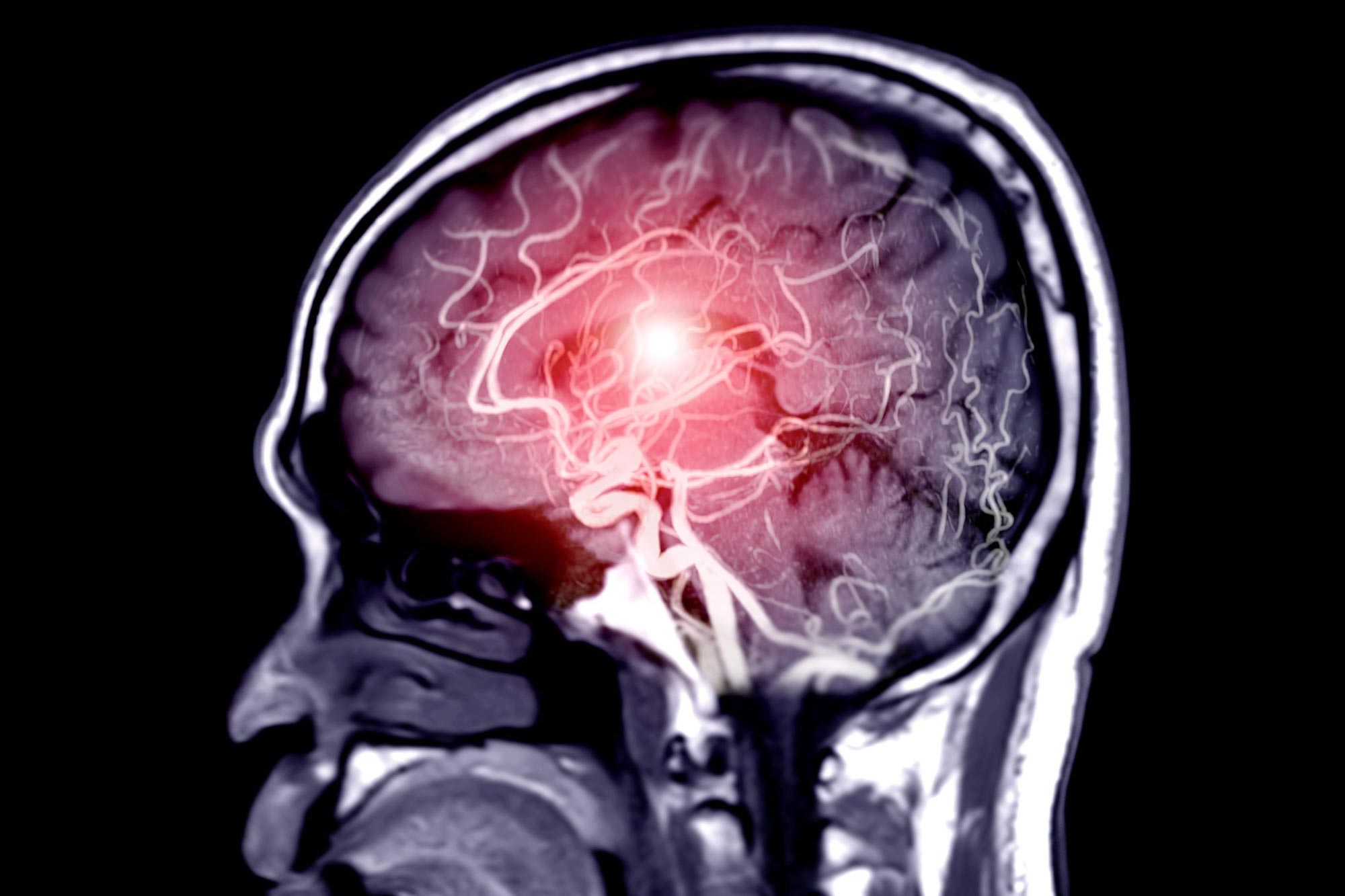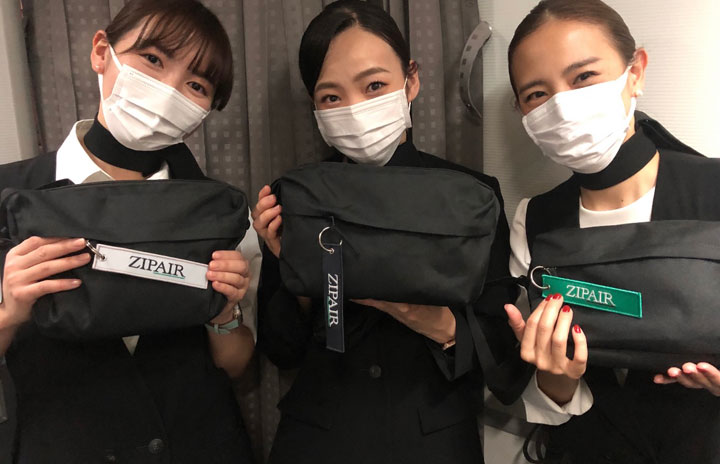A team of scientists from the University of Salzburg and the University of Basel has presented sleeping volunteers with their own names and unfamiliar names spoken by either a familiar or an unfamiliar voice.

While we snooze, our brain continues to monitor the environment, balancing the need to protect sleep with the need to wake up; one example of how the brain accomplishes this is by selectively responding to unfamiliar voices over familiar ones. Image credit: Wok & Apix.
“The brain continues to respond selectively to environmental stimuli during sleep,” said Dr. Mohamed Ameen, a researcher in the Department of Psychology and the Centre for Cognitive Neuroscience Salzburg at the University of Salzburg, and his colleagues.
“However, the functional role of such responses, and whether they reflect information processing or rather sensory inhibition is not fully understood.”
In their study, the researchers measured the brain activity of 17 sleeping adults (14 females) in response to familiar and unfamiliar voices.
During non-rapid eye movement (NREM) sleep, unfamiliar voices elicited more K-complexes — a type of brain wave linked to sensory perturbances during sleep — compared to familiar voices.
While familiar voices can also trigger K-complexes, only those triggered by unfamiliar voices are accompanied by large-scale changes in brain activity linked to sensory processing.
Brain responses to the unfamiliar voice occurred less often as the night went on and the voice became more familiar, indicating the brain may still be able to learn during sleep.
These results suggest K-complexes allow the brain to enter a sentinel processing mode, where the brain stays asleep but retains the ability to respond to relevant stimuli.
“Our findings highlight discrepancies in brain responses to auditory stimuli based on their relevance to the sleeper and propose a key role for K-complexes in the modulation of sensory processing during sleep,” the authors said.
“We argue that such content-specific, dynamic reactivity to external sensory information enables the brain to enter a ‘sentinel processing mode’ in which it engages in the important internal processes that are ongoing during sleep while still maintaining the ability to process vital external sensory information.”
The results appear this week in the Journal of Neuroscience.
_____
Mohamed S. Ameen et al. The brain selectively tunes to unfamiliar voices during sleep. JNeurosci, published online January 17, 2022; doi: 10.1523/JNEUROSCI.2524-20.2021
Note: This article have been indexed to our site. We do not claim legitimacy, ownership or copyright of any of the content above. To see the article at original source Click Here







